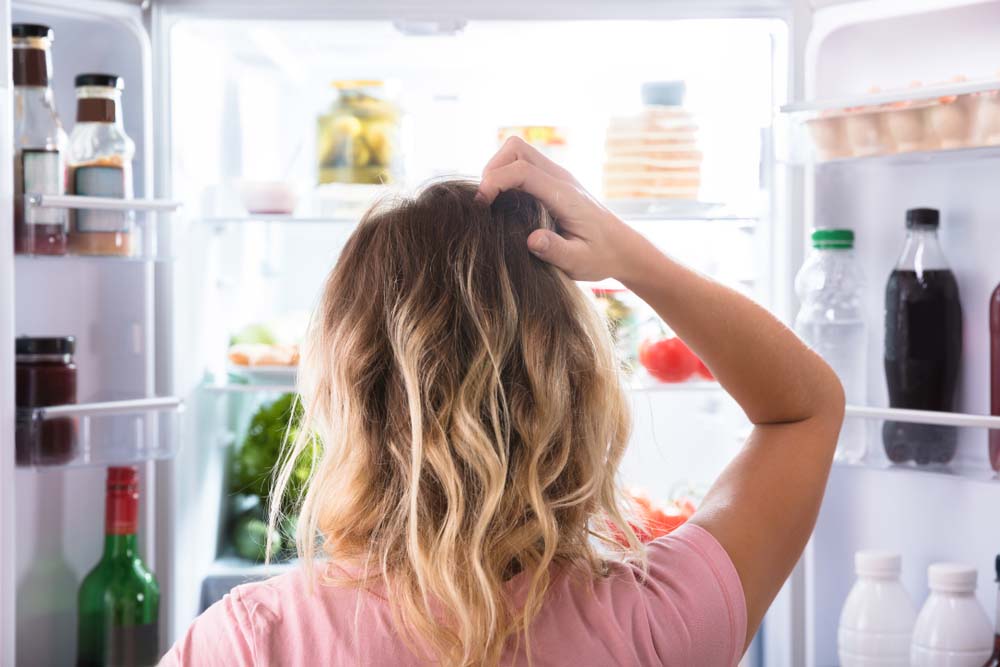Relationship To Food
Improve your health by rebuilding your relationship to food
Having a positive relationship with food means first having a relationship of trust with your own body. That is why at Be Balanced Healing we believe that building a strong foundation of healing is rooted to your relationship with food and trust in yourself. It is the sustainable and successful way to support any health goal.
Included among the marvelous things that make humans unique is our connection with food. We have more reasons to eat than the rest of the animal kingdom. Our physical needs are the same: energy, nourishment, health and vitality. We also eat to meet emotional needs, such as: comfort, celebration, grounding, coping, or self-expression.
Often your emotional needs take priority over your physical needs. When this happens, and the result is askew from your goals, you may feel a loss of control around food and guilty about the choices you’ve made. Over time your relationship with food goes sour.
This creates a stress response around the very thing that you need for a healthy mind and body.
This kind of stress contributes to personal challenges such as:
- Weight
- Self esteem
- Digestion
- Skin conditions
- Inflammation
- Fatigue
How do I Achieve a Relationship to Food that is Sustainable?
When you wrap rules and boundaries around food, you perpetuate the relationship that certain foods are “good” and others are “bad.” This creates a cycle of restriction, reward and regret. You detach yourself from the position to make a choice that is best for your body. A sustainable diet is one that includes foods chosen by you, for you, and meets the needs of your body.
Our support of your Relationship to Food explores:

Meal Timing
We’ll help you identify where meal timing, or unintentially skipping meals, might be working against your goals.

Balancing Blood Sugar
We’ll work with you to identify where blood sugar spikes and crashes may be contributing to unwanted eating behavior.

Binge and Overeating
We’ll explore drivers behind these unwanted behaviors and work through them with you in a non-judgmental way.

Self-Care
We believe self-care is on the path to self-love and we’ll help you find ways to boost both in order to foster a trusting relationship of food.

Relaxed & Mindful Eating
Being relaxed around food helps you become more mindful in your choices and improves your body’s response to food.

Intuitive Eating
We’ll help you explore trust in your food choices so you can forget dieting and establish a sustainable way of eating for you.
*NOTE: Stacy St Germain is our Mind Body Eating expert. She works with disordered eating behaviors. If you suspect that you have an eating disorder, please consult a licensed therapist for evaluation before meeting with her.
Nutrition therapy is not intended as a diagnosis, treatment, prescription, or cure for any disease, or as a substitute for medical care. Jen Marshall and Stacy St Germain are not licensed medical providers. Nutrition plans are not intended as a substitution for traditional medical care, nor should be interpreted as medical advice, but instead is an adjunctive and supportive therapy.
Contact us for a FREE 20-minute consultation with Stacy
St Germain and learn how she can help you rebuild your relationship with food.
Stacy is certified by the Institute for the Psychology of Eating as a Mind Body Eating coach.
Read more about her expertise here.

